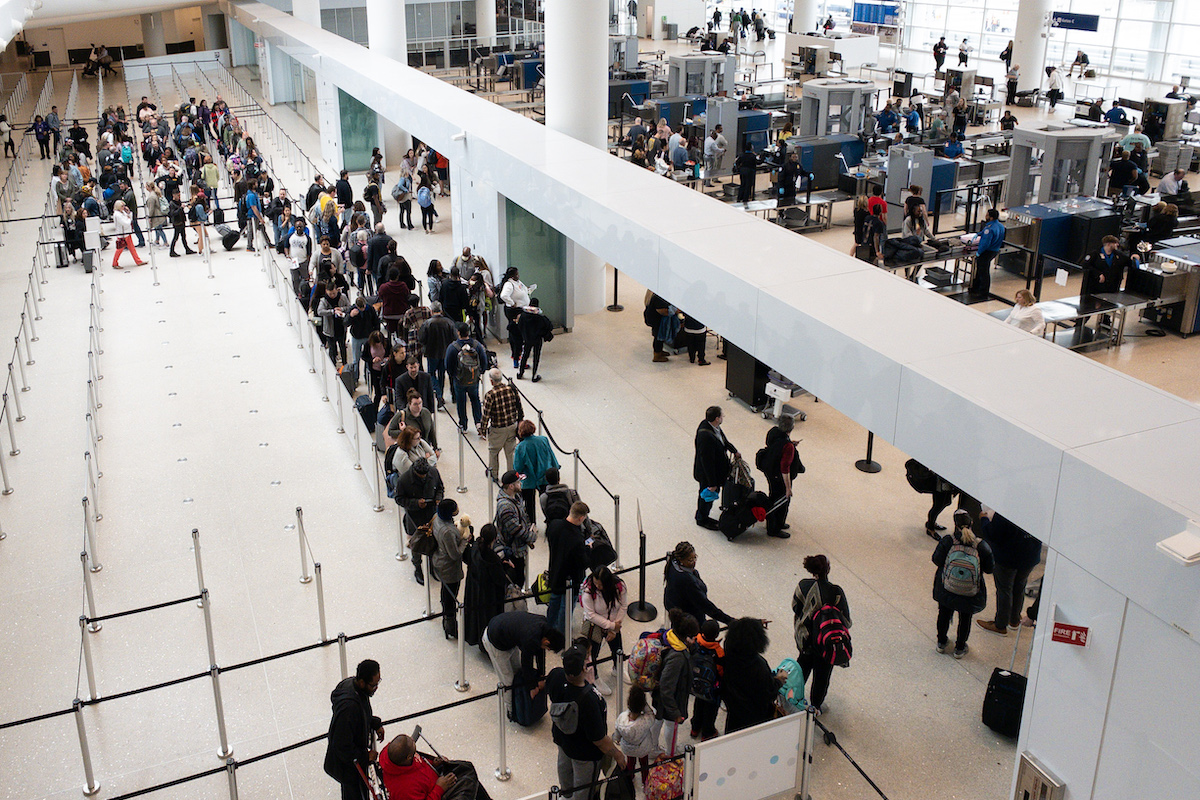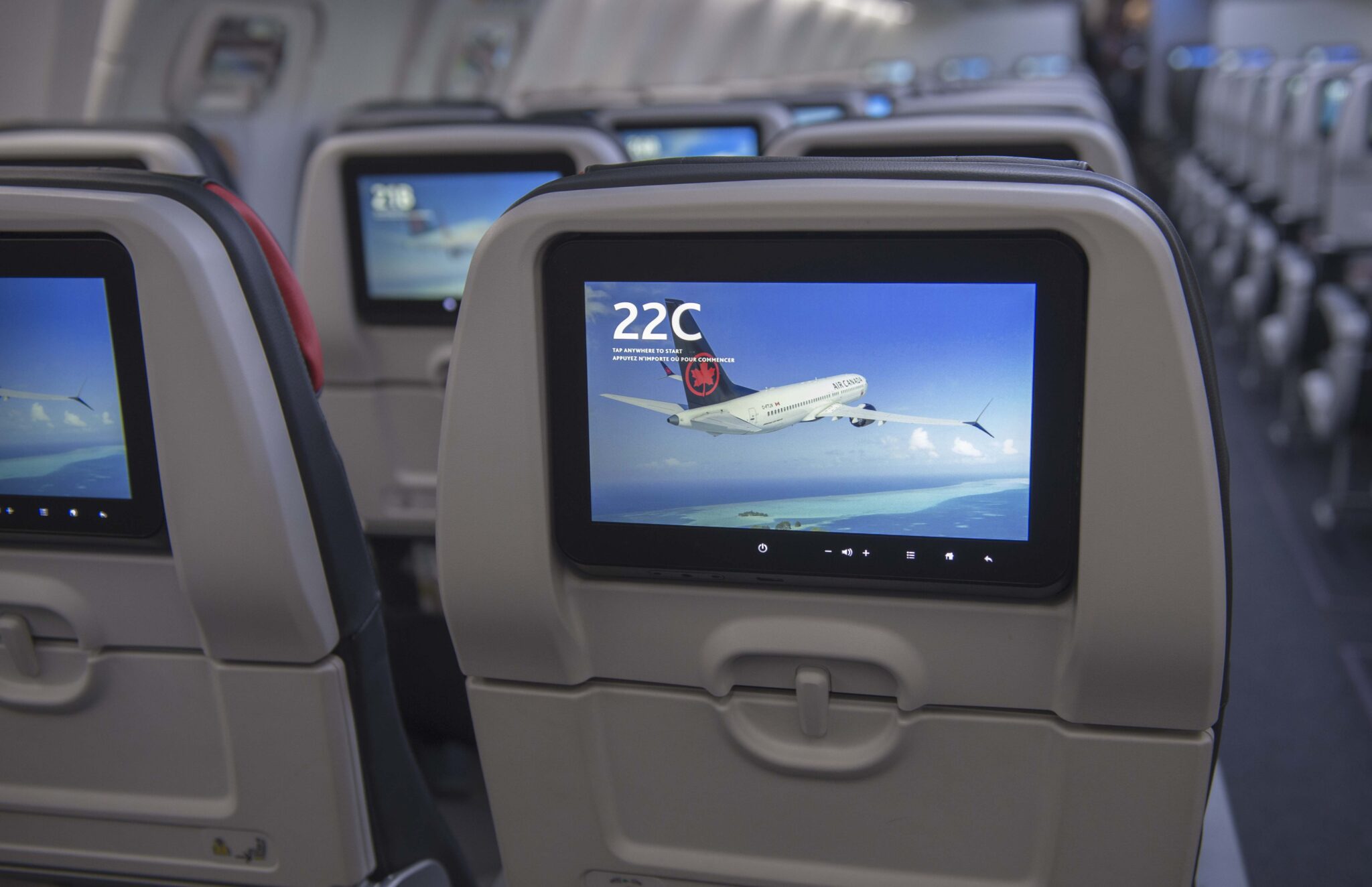How Currency Exchange Rates Will Affect U.S. and European Travel This Summer

Skift Take
A rising U.S. dollar against the euro is both a curse and blessing for American and European hoteliers and destination marketing organizations working to multiply their visitor arrival numbers.
The current exchange rate, somewhere around one U.S dollar equals 0.92 euros, is the closest the two currencies have been since the Recession and creates more affordable American travel to Europe. Across the pond Europeans still get a deal on U.S. travel, especially from the U.K. where the British pound sterling is nearly double the dollar.
But as the euro-dollar gap continues closing there’s no question Americans will realize a European vacation is within closer reach.
“All in all I think this will jumpstart U.S. travel to Europe, lots of European countries are in the doldrums and the U.S. economy is improving while the European economy isn’t,” said George Hobica, president of airfares alert site Airfarewatchdog. “The only question is will the euro go back to where it was when it first debuted around 80 cents to the dollar? Speculators are waiting to see if the euro will go lower.”
Hobica’s confidence stems from lower airfares already showing up for trips this summer between U.S. and European cities.
“I think we’ve seen some softening in airfares going to Europe in July from the U.S., routes like Frankfurt, Milan, Dublin and Scandinavia have fares that are even lower than winter,” said Hobica. “For example, I saw a round-trip flight the other day from Washington, D.C. to Frankfurt on United for under $1000 in July.”
“But overall Europe to U.S. fares and back are cheaper than Americans going to Europe and back during the same period. When the British Airways country manager in Scandinavia sees he isn’t meeting his quota, he probably tells the airline to lower prices and it’s a very dynamic page change from day to day. If demand is high in the U.S. you’ll pay more going from the U.S. to Europe than Europe to the U.S. The airfare will still be the most expensive factor in a traveler’s trip and that’s the first thing people research when trip-planning.”
Too Early to Tell?
Unlike Hobica, some U.S. hotels and destinations aren’t as steadfast about what the rising dollar means for their European visitors. The gap between currencies became narrower about six months ago, and many destinations and hotels don’t have monthly snapshots of visitors since then. Booking sites such as Booking.com and Expedia also couldn’t provide booking data for the past six months to see if European bookings were impacted.
Russian travel to the U.S. has also grown in recent years but with the falling ruble and conflicts in Russia U.S. travel providers are watching that market this summer as well.
Here are responses we received from select U.S. destinations and hotels about their perspectives:
Christopher Heywood, VP of global communications at NYC & Company: I didn’t hear about any European cancellations for U.S. trips last month at ITB when we were there, but whether Europeans will spend as much in New York City remains to be seen.
The currency is something we’re certainly watching and our international visitors plan their trips several months in advance. They may adjust their spending in some respects but they won’t flat-out cancel.
Kathy Torian, spokesperson for Visit Florida: Russia has less than 50,000 visitors to Florida each year, a small enough figure that Visit Florida doesn’t pay to collect research on them alone. They are lumped into our figures for Europe as a region.
Alex Attia, general manager at The Charles Hotel in Cambridge, Massachusetts: We did not see a major swing up or down in the number of European visitors yet, the telling time will be the summer as we normally see a good number of European visitors then. The strong dollar will work against us in that respect. We hope that the loss of European business will be covered by the increase from other new direct flights from Boston to Turkey, Israel, Dubai and China.
Matt Zolbe, director of sales and marketing at Waldorf Astoria New York: We aren’t usually affected by this kind of situation. Since European travelers tend to book in advance, we may not see the effect until summer. We still follow it closely and are always concerned by exchange rate changes. But we’re normally immune to such events because of how iconic the Waldorf Astoria is. If this is a European traveler’s dream vacation they’re going to stay with us regardless of the exchange rate.”
American travel to Europe will certainly increase as the dollar grows even stronger and the peak summer season approaches. It’s the exchange rate’s impact on Europeans that hotels and destinations aren’t ready to make any calls for.




